Did you ever feel so emotional that you felt you couldn’t handle it? It could be that you get angry more easily, or have a hard time controlling your emotions. If so, you need to understand what is emotional dysregulation.
Today, we will explore emotion dysregulation meaning, signs of dysregulation, causes of emotional dysregulation, and effective strategies on how to deal with dysregulation. Understanding, addressing and overcoming this major challenge can help one to lead a healthier emotional life and develop healthy relationships.
What is Emotional Dysregulation?
Emotional dysregulation simply means being unable to manage and adjust emotions in an effective manner. It is characterized by an inability to modulate emotional responses appropriately considering the prevailing circumstances.
For instance, people with this disorder might react strongly to situations that do not warrant such reactions.
When someone is incapable of managing and regulating one’s emotions effectively, they may exhibit intense emotional reactions that may be excessive, prolonged, or inconsistent with the triggering event or circumstance.
Different individuals may experience emotional dysregulation in different ways, while the intensity and durations of such emotions may also differ. Some people may have frequent mood swings characterized by extreme highs and lows. Others may struggle with chronic irritability, feeling easily frustrated or annoyed even when there is no cause for such reactions.
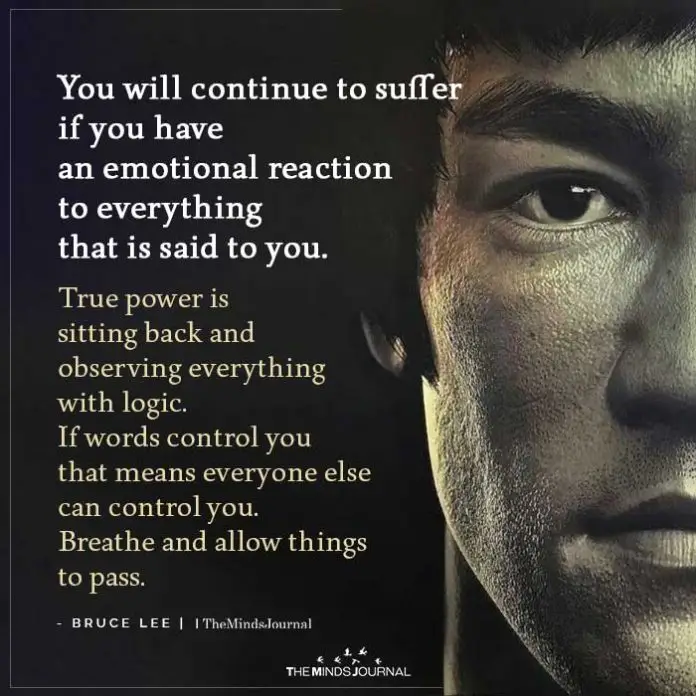
For others, overwhelming feelings lead them into impulsive actions, while some others may have difficulty expressing their feelings effectively, so end up with unsuccessful relationships. This can largely affect an individual’s health, relationship and functioning.
Knowing how to identify signs of emotional dysregulation and getting help will enable people to find better ways of coping with and managing their emotions.
Related: Emotional Literacy: 8 Strategies For Identifying Emotions For Adults
Emotion Dysregulation Meaning
Emotion dysregulation can be experienced in numerous forms including:
1. Intense Emotional Reactivity
People who suffer from this condition experience feelings that are extremely intense, last too long or are difficult to control. An example is when minor setbacks lead to a strong burst of anger, sadness or anxiety.
2. Impulsive Behavior
This can lead to impulsive actions and behaviors that are driven by overwhelming emotions. These may include impulsive spending, substance abuse, self-harm or engaging in risky behaviors without considering the consequences.
3. Difficulty in Emotional Expression
When people suffer from emotional dysregulation, it becomes difficult for them to express their feelings in appropriate ways. They may have trouble communicating their needs which often leads to misunderstandings and relationship problems.
Signs of Dysregulation
Recognizing the signs of emotional dysregulation can help individuals and their loved ones identify and address this condition. Some common signs are:
1. Mood swings
Rapid, extreme shifts in emotions from very high spirits to periods of depression could well be an indication of emotional dysregulation. These mood swings may happen without any known reason or because of minor triggers.
2. Chronic irritability
a tendency to become easily annoyed, agitated or frustrated for no apparent reason may suggest emotional dysregulation.
3. Self-destructive behavior
Suicidal thoughts, self-harm, substance abuse among others can as well be indicative of emotional dysregulation.
4. Relationship difficulties
Many individuals suffering from emotional dysregulation usually find it difficult maintaining healthy relationships. For these people handling emotional conflicts in relationships becomes hard which leads to unstable relationships.
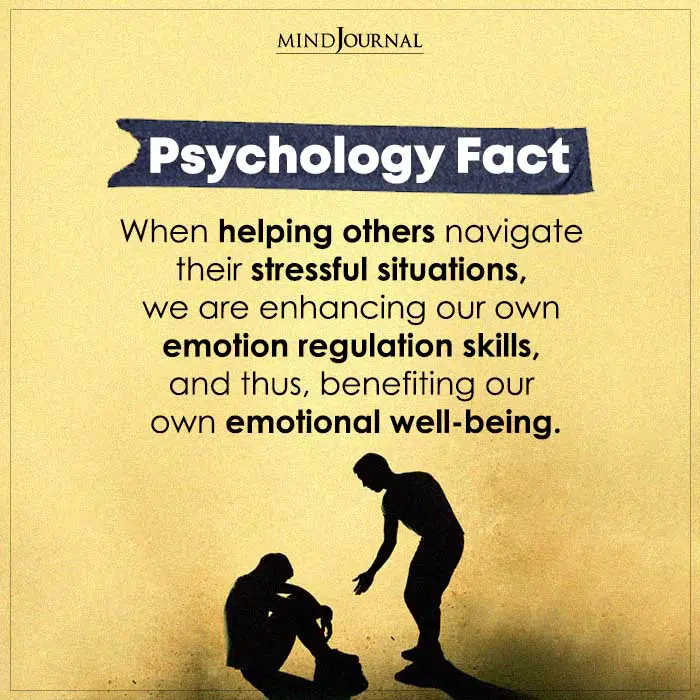
Causes of Emotional Dysregulation
Emotional dysregulation can emerge due to several causes, including the following –
1. Childhood Trauma
The development of emotional regulation skills can be hindered if an individual has undergone traumatic experiences during childhood such as sexual or physical abuse or neglect.
2. Genetic and Biological Factors
Some individuals are genetically predisposed towards having emotional dysregulation, making them more susceptible towards having intense and poorly controlled emotions.
Related: How To Keep Control Of Your Emotions and Save Your Relationship
3. Mental Health Conditions
Emotional dysregulation frequently co-occurs with mental disorders such as borderline personality disorder, bipolar disorder, post-traumatic stress disorder (PTSD), and attention deficit/hyperactivity disorder (ADHD).
4. Environmental Factors
High levels of chronic stress, unstable or abusive relationships, or a lack of social support can contribute to emotional dysregulation.
Coping with Emotional Dysregulation
While emotional dysregulation can be challenging, there are strategies that can help individuals manage and cope effectively:
1. Self-Awareness
The first step in recognizing triggers and understanding the patterns of emotional dysregulation is to develop self-awareness. Mindfulness practices, journaling and therapy aid in developing self-awareness.
2. Emotion Regulation Techniques
Learning and practicing techniques like progressive muscle relaxation, grounding techniques, and deep breathing exercises, can help one to regain control over their emotions.
3. Seeking Support
Trusted friends, family members, or mental health professionals can provide necessary support, motivation, help and guidance in managing emotional dysregulation.
4. Therapy
Visiting a therapist specializing in dialectical behavior therapy (DBT), cognitive-behavioral therapy (CBT), or emotion-focused therapy, will be very useful when it comes to learning techniques that help curb emotions effectively.
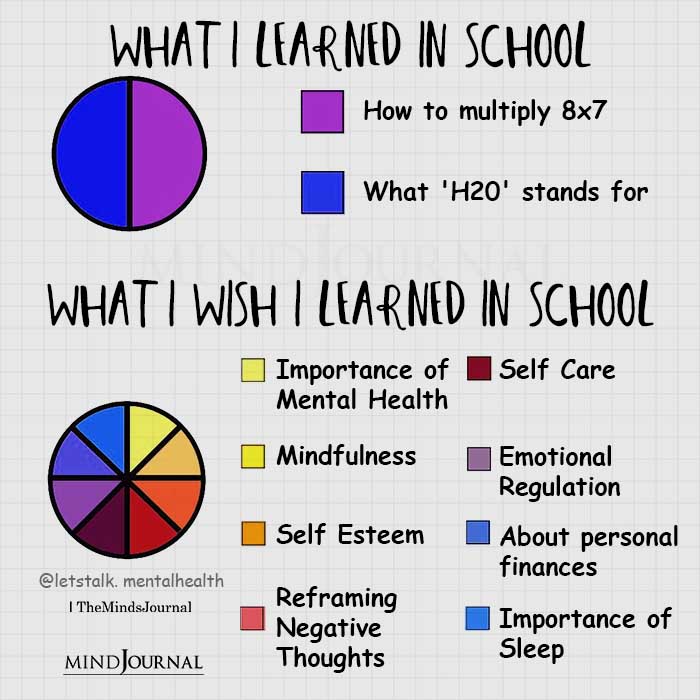
Takeaway
Emotional dysregulation could greatly affect a person’s health and relationships. Understanding what emotional dysregulation means along with its signs, causes and coping strategies allows individuals to actively engage themselves in emotional self-care as well as improved regulation.
Always remember that seeking support, being self-aware and implementing effective coping mechanisms are necessary elements for handling emotional dysregulation and promoting better overall mental wellbeing.
With time, patience, and perseverance, you can develop the necessary skills to navigate the ups and downs of emotions and lead a more emotionally stable and fulfilling life.
Related: 8 Steps To Regulate Your Emotions When They Drive You Crazy
Frequently Asked Questions (FAQs):
How do you treat emotional dysregulation in adults?
The treatment of emotional dysregulation among adults might include: psychotherapy, drugs medications, and training in coping mechanisms to help the sufferers manage their emotions better.
Can you grow out of emotional dysregulation?
Emotional dysregulation can improve with age, therapy, and skill acquisition but varies for each person.
What is the best therapy for emotional dysregulation?
Dialectical Behavior Therapy (DBT) has often been considered best for emotional dysregulation; it gives one skill that will help them manage their emotions and be more effective in dealing with others.
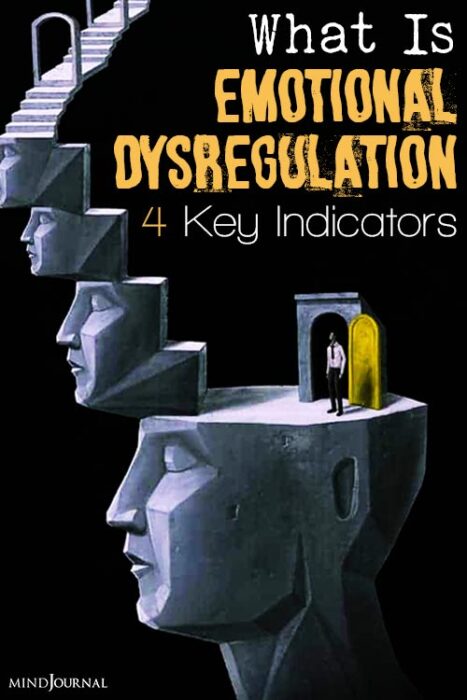
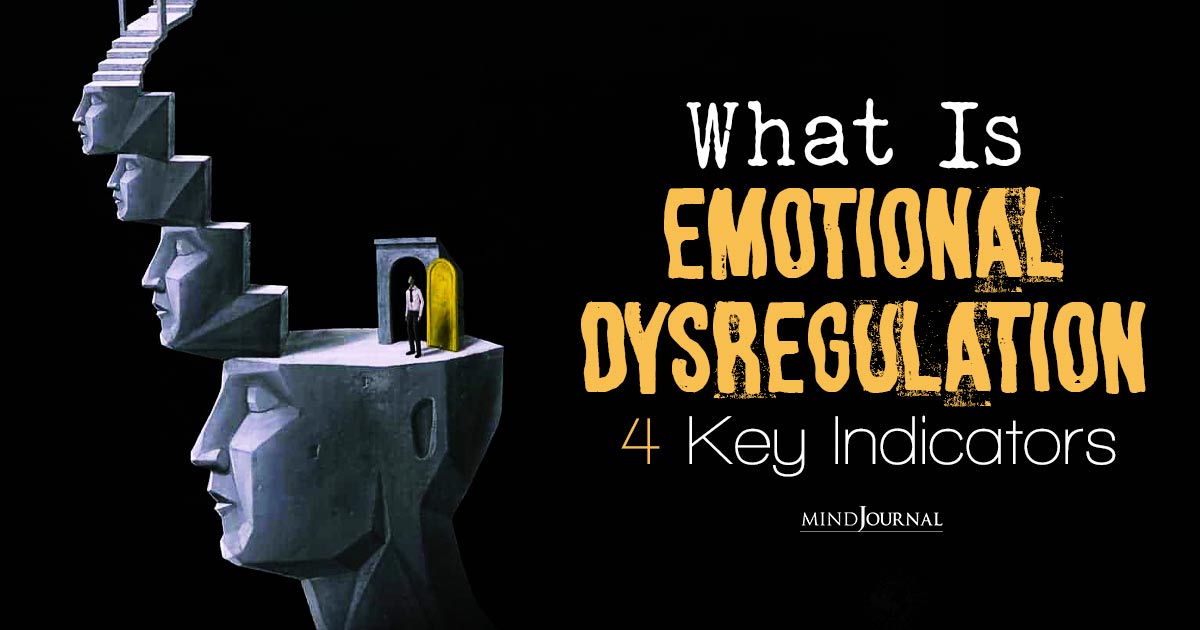







Leave a Reply
You must be logged in to post a comment.